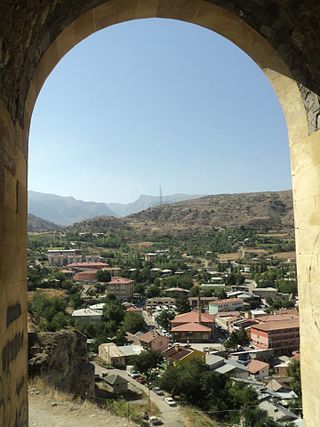Anastasius (Latinized) or Anastasios is a masculine given name of Greek origin derived from the Greek word ἀνάστασις (anastasis) meaning "resurrection". Its female form is Anastasia. A diminutive form of Anastasios is Tassos.
Labour or labor may refer to:
Saint Joseph is a New Testament figure, the husband of Mary and legal father of Jesus.
A hymnwriter is someone who writes the text, music, or both of hymns. In the Judeo-Christian tradition, the composition of hymns dates back to before the time of David, who is traditionally believed to have composed many of the Psalms. The term hymnodist, in the United States more than in other regions, broadens the scope to include the study of hymns.

Kassia, Cassia or Kassiani was a Byzantine-Greek composer, hymnographer and poet. She holds a unique place in Byzantine music as the only known woman whose music appears in the Byzantine liturgy. Approximately fifty of her hymns are extant, most of which are stichera, though at least 26 have uncertain attribution. The authenticity issues are due to many hymns being anonymous, and others ascribed to different authors in different manuscripts. She was an abbess of a convent in the west of Constantinople.
Romanus, hellenized as Romanos (Ῥωμανός) was a Roman cognomen and may refer to:
Saint Theodore may refer to:
Cassia typically refers to cassia bark, the spice made from the bark of East Asian evergreen trees.
Cosmas of Maiuma, also called Cosmas Hagiopolites, Cosmas of Jerusalem, Cosmas the Melodist, or Cosmas the Poet, was a bishop and an important hymnographer in the East. He is venerated as a saint by the Eastern Orthodox Church and the Catholic Church.

Romanos the Melodist was a Byzantine hymnographer and composer, who is a central early figure in the history of Byzantine music. Called "the Pindar of rhythmic poetry", he flourished during the sixth century, though the earliest manuscripts of his works are dated centuries after this. He was the foremost Kontakion composer of his time.

Khosrovidukht was an Armenian hymnographer and poet who lived during the early 8th century. After her slightly earlier contemporary Sahakdukht, she is the first known woman of Armenian literature and music, and among the earliest woman composers in the history of music.
Janus Plousiadenos was a 15th-century Greek Renaissance scholar, hymnographer and composer born in Crete. Plousiadenos was in favor of the Union of the Eastern Orthodox and Catholic Churches and wrote extensively on the subject. The 1455 Defensio synodi Florentinae, often misattributed to Gennadius Scholarius is in fact his work. Plousiadenos was also an avid composer and hymnographer and dedicated several of his works to his friend and fellow Greek scholar Cardinal Bessarion. His sacred compositions for the Orthodox church use a discantus technique, thus achieving a polyphonic texture, a practice that underlines the innovative character of his works in regard to the usually considered as monophonic "byzantine chant" just before the fall of the Eastern Roman Empire.
Elpida is a Greek word which means "hope." Elpida may refer to:
The Megalynarion is a special hymn used in the Eastern Orthodox Church and those Eastern Catholic Churches that follow the Byzantine Rite. Depending on the local liturgical tradition, this hymn can be one of several.
Kasia a Polish diminutive form of given name, a shortened version of the name Katarzyna.
Syrus is a character in Greek mythology after whom Syria and the Syrians are named.
This page is based on this
Wikipedia article Text is available under the
CC BY-SA 4.0 license; additional terms may apply.
Images, videos and audio are available under their respective licenses.


